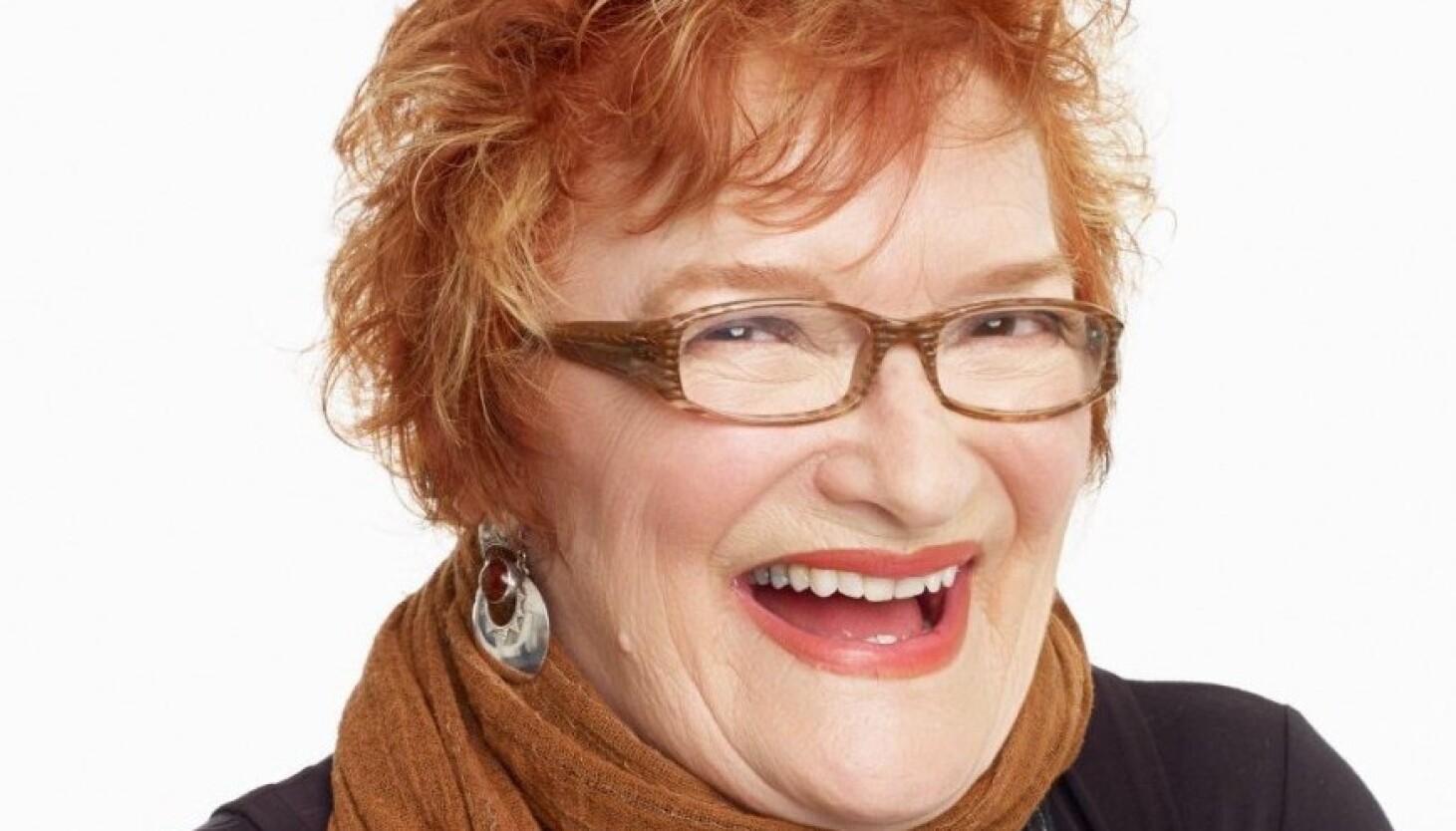NPR’s Juana Summers recently spoke with Dr. Allen Frances about his New York Times piece, “Autism Rates Have Increased 60-Fold. I Played A Role In That.” Dr. Frances is a psychiatrist known for leading the team behind the fourth edition of the Diagnostic and Statistical Manual of Mental Disorders (DSM-IV), which guides mental health professionals in diagnosing conditions.
In his article, Dr. Frances addresses how the rising autism rates have been misused, particularly by Robert F. Kennedy Jr. He argues that Kennedy’s conspiracy theories about vaccines, which have repeatedly been debunked, divert attention from the real issues at hand. Dr. Frances emphasizes that he felt compelled to speak out against this misinformation, especially after Kennedy made significant changes in the CDC, hiring people who support his views.
Dr. Frances explains that a major contributing factor to the growing autism statistics is changes in definitions over the years. For instance, in 1994, Asperger’s disorder was added to the DSM. This milder form of autism made it easier for more people to be diagnosed. The result? A dramatic increase in rates, not because of vaccines but due to broader definitions and a rise in self-diagnosis driven partly by the internet.
He also points out that educational benefits tied to autism diagnoses have influenced the numbers. Many people started identifying with autism to access resources, leading to inflated rates.
Yet, it’s not all negative. For some, a late autism diagnosis can be enlightening and affirming, providing clarity to lifelong struggles. However, Dr. Frances warns against overdiagnosis; just because someone feels socially awkward doesn’t mean they automatically have autism. Life experiences can greatly improve social skills, and many find that their diagnoses don’t define their future.
Recent statistics highlight this conversation. According to the Centers for Disease Control and Prevention (CDC), about 1 in 36 children has been diagnosed with autism spectrum disorder (ASD), a figure up from 1 in 150 in 2000. This significant rise has led to discussions around the definitions and diagnostic criteria being used today.
For those questioning if they might fall on the autism spectrum, Dr. Frances encourages a cautious approach. Seeking second opinions is vital, as many diagnoses change over time. Finding supportive environments and building connections can foster growth and improve social skills.
In a world where autism is often sensationalized, it’s essential to separate fact from fiction. The path forward involves a balanced understanding, respectful dialogue, and a commitment to science over sensationalism.
For further insights, check the CDC’s resources on autism to understand more about this evolving conversation.
Source link






















